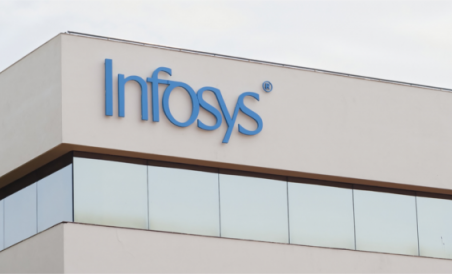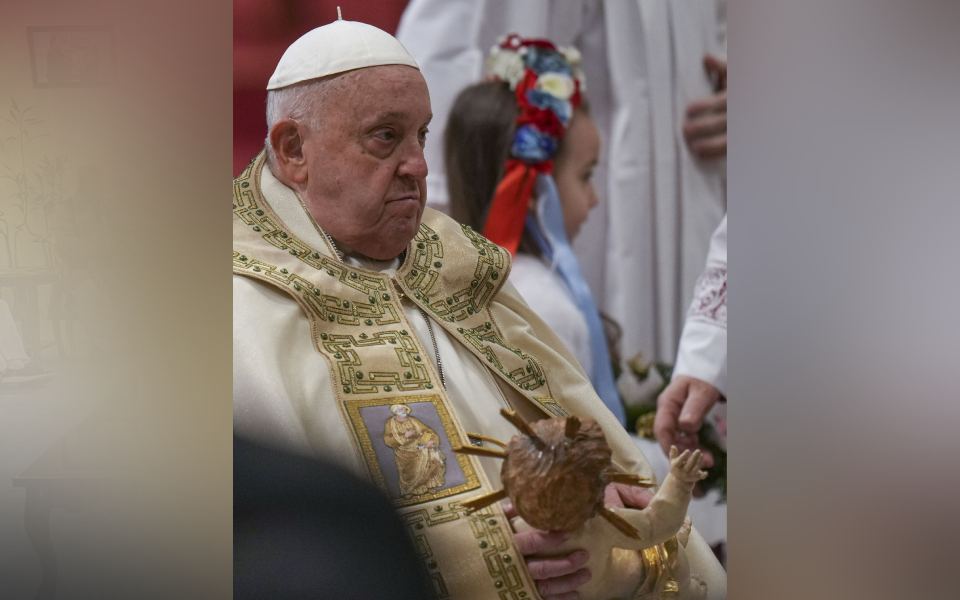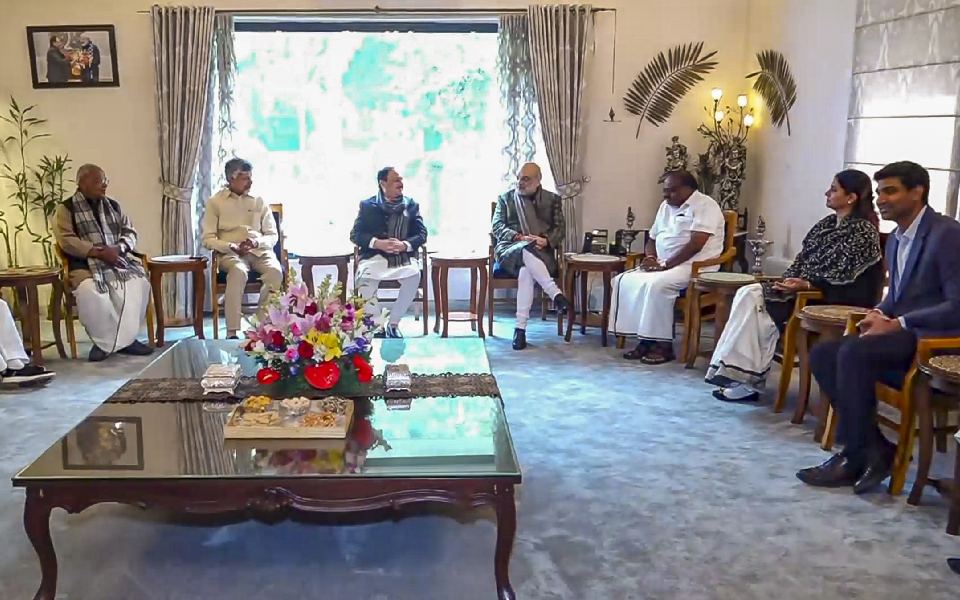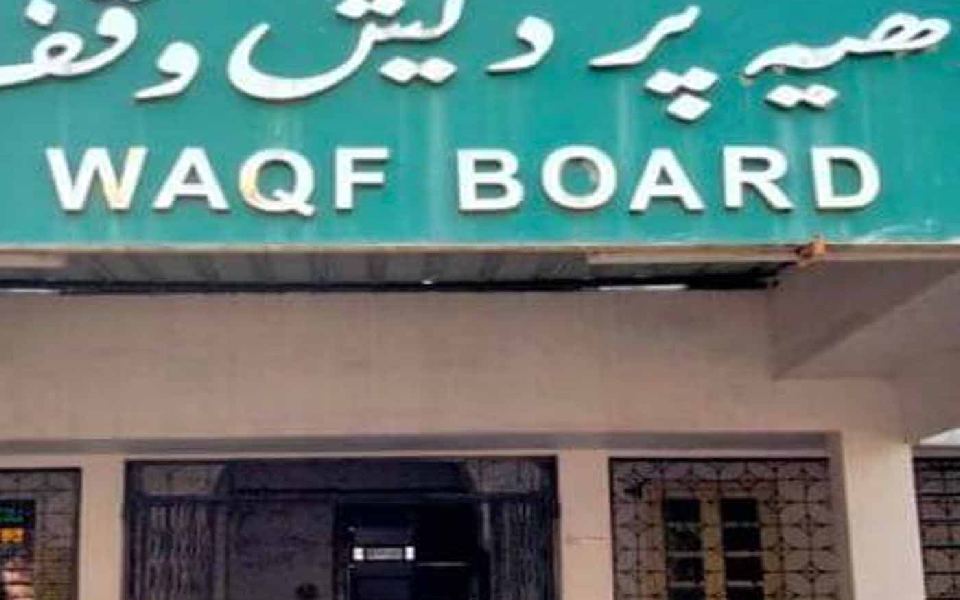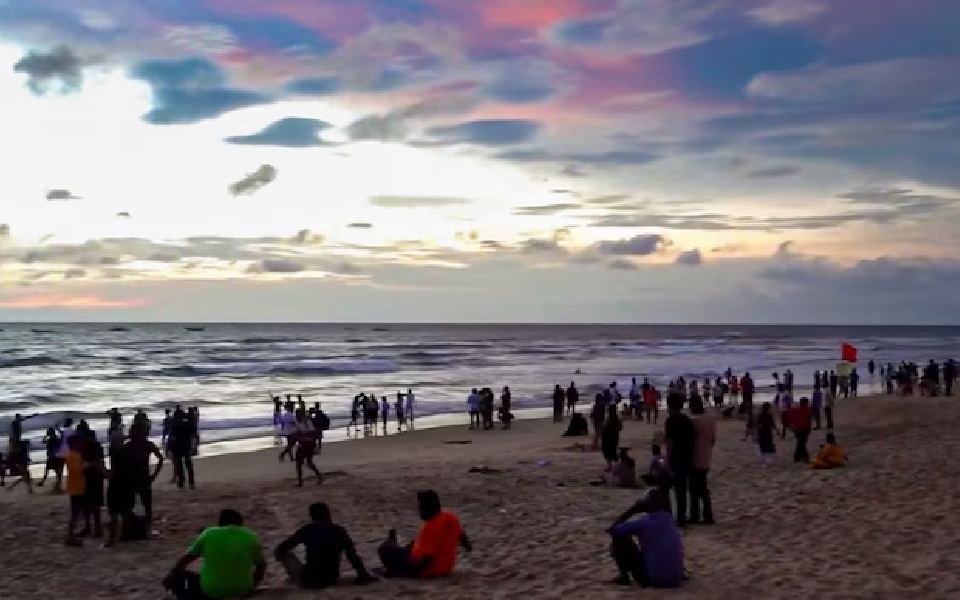New Delhi: A weekly magazine associated with the RSS, the parent body of BJP, has accused India’s largest IT Company Infosys of deliberately trying to destabilize the country’s economy. It has also accused the company of working at the behest of anti-national forces including China and ISI.
The accusations have come in line with the glitches in the new Income Tax portal that have been in the headlines across the country in the last couple of months.
Infosys won the contract for the new portal in 2018, and the portal was launched in June. Over two months later, glitches continue to mar the site.
According to a report published in The News Minute, the RSS mouthpiece also questioned opposition party involvement and about the potential influence of China and ISI over the glitches.
The magazine Panchajanya is a weekly magazine and for its September 5 edition, the magazine has targeted the IT giant of India, the report added.
The article has also taken comfort in highlighting the point about Infosys being the vendor which built the GST portal and the MCA-21 portal as well, which too was marred by glitches.
“There are allegations that Infosys management is deliberately trying to destabilize the Indian economy,” the magazine adds.
The article, written by Chandra Prakash, goes on to question how Infosys always takes important government projects by bidding so low, and says that the glitches have broken the confidence of taxpayers. Infosys was awarded the contract after an open tender, according to the Union government.
“Is it that some anti-national power is trying to hurt India's economic interests through Infosys? We do not have any solid evidence to say this, but looking at the history and circumstances of the company, some facts may be seen in this allegation,” the piece says.
The piece further claims that Infosys has been accused several times of helping “Naxalites, leftists and tukde-tukde gangs”, and that there is direct or indirect cooperation of Infosys in many “disruptive activities” in the country.
It also adds that Infosys is believed to fund propaganda websites and fact-checkers. It alleges that beneficiaries of Infosys’ charity (believed to be the Infosys Foundation) are some organizations engaged in spreading caste hatred as well. “Shouldn't the promoters of Infosys be asked what are the reasons behind its funding to anti-national and anarchist organizations?” it questions.
The article then claims that the reason to suspect a conspiracy is political as well and that Opposition leaders are silent on this. “People are asking whether some private companies are trying to create disorder at the behest of the Congress?” it says.
Furthermore, it says that founder Narayana Murthy’s opposition to the current dispensation is known, that Nandan Nilekani has contested elections on a Congress ticket, and Infosys puts people of a particular ideology in important positions.
“If such a company will take important contracts from the Government of India, then will there not be a possibility of influence of China and ISI in it?” the article claims.
Stating that the glitches worked properly after Union Finance Minister Nirmala Sitharaman intervened the piece also blamed the corrupt government bureaucracy for the glitches on the I-T portal. It further advocated a financial penalty to be levied on the company and blacklisting Infosys for any further projects.
Finance Minister Nirmala Sitharaman met Infosys CEO Salil Parekh in August and told him about the government's "deep disappointment and concern" over the glitches in the new income tax filing portal and set September 15 as the deadline for the software major to resolve all snags.
Let the Truth be known. If you read VB and like VB, please be a VB Supporter and Help us deliver the Truth to one and all.
Vatican City, Dec 25: Pope Francis in his traditional Christmas message Wednesday urged “all people of all nations” to find courage during this Holy Year “to silence the sounds of arms and overcome divisions” plaguing the world, from the Middle East to Ukraine, Africa to Asia.
The pontiff's “Urbi et Orbi” — “To the City and the World” — address serves as a summary of the woes facing the world this year. As Christmas coincided with the start of the 2025 Holy Year celebration that he dedicated to hope, Francis called for broad reconciliation, “even (with) our enemies.”
"I invite every individual, and all people of all nations ... to become pilgrims of hope, to silence the sounds of arms and overcome divisions,'' the pope said from the loggia of St. Peter's Basilica to throngs of people below.
The pope invoked the Holy Door of St. Peter's Basilica, which he opened on Christmas Eve to launch the 2025 Jubilee, as representing God's mercy, which “unties every knot; it tears down every wall of division; it dispels hatred and the spirit of revenge.”
He called for arms to be silenced in war-torn Ukraine and in the Middle East, singling out Christian communities in Israel and the Palestinian territories, “particularly in Gaza where the humanitarian situation is extremely grave,” as well as Lebanon and Syria “at this most delicate time.”
Francis repeated his calls for the release of hostages taken from Israel by Hamas on Oct. 7, 2023.
He cited a deadly outbreak of measles in the Democratic Republic of Congo, and the suffering of the people of Myanmar, forced to flee their homes by “the ongoing clash of arms.” The pope likewise remembered children suffering from war and hunger, the elderly living in solitude, those fleeing their homelands, who have lost their jobs, and are persecuted for their faith.
Pilgrims were lined up on Christmas Day to walk through the great Holy Door at the entrance of St. Peter's Basilica, as the Jubilee is expected to bring some 32 million Catholic faithful to Rome.
Traversing the Holy Door is one way that the faithful can obtain indulgences, or forgiveness for sins during a Jubilee, a once-every-quarter-century tradition that dates from 1300.
Pilgrims submitted to security controls before entering the Holy Door, amid new security fears following a deadly Christmas market attack in Germany. Many paused to touch the door as they passed and made the sign of the cross upon entering the basilica dedicated to St. Peter, the founder of the Roman Catholic Church.
“You feel so humble when you go through the door that once you go through is almost like a release, a release of emotions,'' said Blanca Martin, a pilgrim from San Diego. "... It's almost like a release of emotions, you feel like now you are able to let go and put everything in the hands of God. See I am getting emotional. It's just a beautiful experience.”
A Chrismukkah miracle as Hanukkah and Christmas coincide
Hanukkah, Judaism's eight-day Festival of Lights, begins this year on Christmas Day, which has only happened four times since 1900.
The calendar confluence has inspired some religious leaders to host interfaith gatherings, such as a Hanukkah party hosted last week by several Jewish organizations in Houston, Texas, bringing together members of the city's Latino and Jewish communities for latkes, the traditional potato pancake eaten on Hanukkah, topped with guacamole and salsa.
While Hanukkah is intended as an upbeat, celebratory holiday, rabbis note that it's taking place this year as wars rage in the Middle East and fears rise over widespread incidents of antisemitism. The holidays overlap infrequently because the Jewish calendar is based on lunar cycles and is not in sync with the Gregorian calendar, which sets Christmas on Dec. 25. The last time Hanukkah began on Christmas Day was in 2005.
Iraqi Christians persist in their faith
Christians in Nineveh Plains attended Christmas Mass on Tuesday at the Mar Georgis church in the center of Telaskaf, Iraq, with security concerns about the future. “We feel that they will pull the rug out from under our feet at any time. Our fate is unknown here,” said Bayda Nadhim, a resident of Telaskaf.
Iraq's Christians, whose presence there goes back nearly to the time of Christ, belong to a number of rites and denominations. They once constituted a sizeable minority in Iraq, estimated at around 1.4 million.
But the community has steadily dwindled since the 2003 US-led invasion and further in 2014 when the Islamic State group swept through the area. The exact number of Christians left in Iraq is unclear, but they are thought to number several hundred thousand.
German celebrations muted by market attack
German celebrations were darkened by a car attack on a Christmas market in Magdeburg on Friday that left five people dead, including a 9-year-old boy, and 200 people injured. President Frank-Walter Steinmeier rewrote his recorded Christmas Day speech to address the attack, saying that “there is grief, pain, horror and incomprehension over what took place in Magdeburg.” He urged Germans to “stand together” and that “hate and violence must not have the last word.”
A 50-year-old Saudi doctor who had practiced medicine in Germany since 2006 was arrested on suspicion of murder, attempted murder and bodily harm. The suspect's X account describes him as a former Muslim and is filled with anti-Islamic themes. He criticized authorities for failing to combat “the Islamification of Germany” and voiced support for the anti-immigration Alternative for Germany (AfD) party.

